When it comes to choosing the right flooring material for your commercial space, ceramic tiles and marble are two popular options that offer durability and aesthetic appeal. Both materials have their unique features and benefits, which can make the decision-making process overwhelming. In this article, we will explore the key aspects of ceramic tiles and marble to help you make an informed choice for your business. 1. Durability and Longevity: Ceramic Tiles: Ceramic tiles are known for their exceptional toughness and resistance to wear and tear. They can withstand heavy foot traffic, making them suitable for commercial spaces that experience high-volume usage. They are also highly resistant to scratches, moisture, and stains, ensuring durability for years to come. Ceramic tiles require minimal maintenance, with regular sweeping and mopping enough to keep them looking pristine. Marble: Marble is a natural stone renowned for its elegance and luxurious appearance. While it is a durable material, it is more prone to cracking and chipping compared to ceramic tiles. Therefore, marble might be more suitable for less trafficked areas, such as reception halls or executive offices. Regular sealing is necessary to maintain its longevity and prevent staining.

.
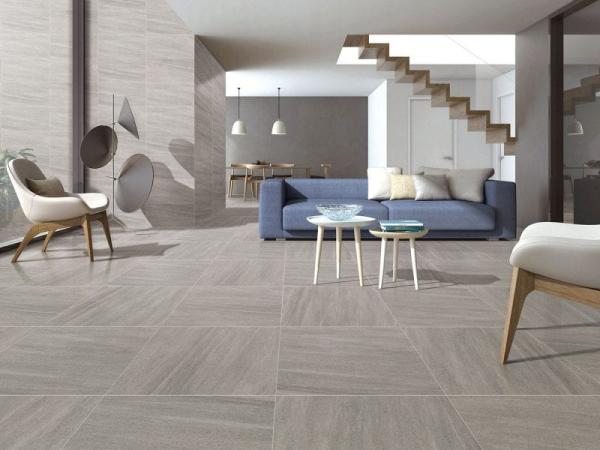 2. Aesthetic Appeal: Ceramic Tiles: Ceramic tiles offer a wide range of design options, thanks to various finishes, colors, and patterns available. They can mimic the look of natural stone, including marble, at a fraction of the cost. Ceramic tiles provide a versatile solution, allowing you to incorporate your desired style and ambiance into your commercial space, whether contemporary or traditional. Marble: Marble remains unmatched when it comes to elegance and timeless beauty. Its natural veining and patterns create a unique aesthetic appeal that exudes luxury. Marble is often favored for high-end establishments such as upscale restaurants, hotels, or luxury retail stores. The sophisticated and polished look of marble can elevate the overall atmosphere of your business.
2. Aesthetic Appeal: Ceramic Tiles: Ceramic tiles offer a wide range of design options, thanks to various finishes, colors, and patterns available. They can mimic the look of natural stone, including marble, at a fraction of the cost. Ceramic tiles provide a versatile solution, allowing you to incorporate your desired style and ambiance into your commercial space, whether contemporary or traditional. Marble: Marble remains unmatched when it comes to elegance and timeless beauty. Its natural veining and patterns create a unique aesthetic appeal that exudes luxury. Marble is often favored for high-end establishments such as upscale restaurants, hotels, or luxury retail stores. The sophisticated and polished look of marble can elevate the overall atmosphere of your business.
..
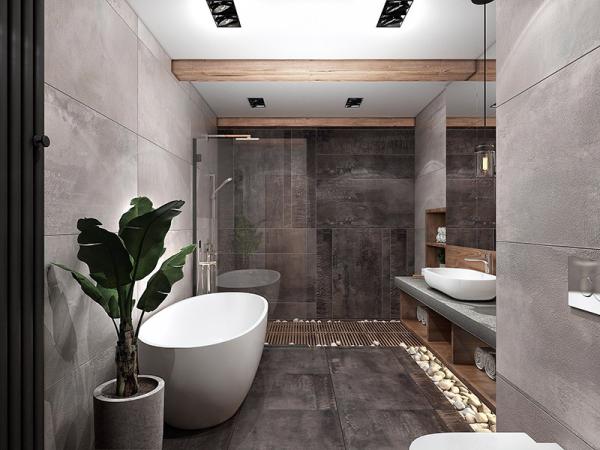 3. Cost Considerations: Ceramic Tiles: Ceramic tiles are generally more affordable compared to marble, making them a cost-effective choice for businesses operating on a budget. The lower cost does not compromise quality, as ceramic tiles remain durable and offer a vast array of design options. Additionally, the installation process is usually less time-consuming and simpler, further reducing costs. Marble: Marble is a premium material, and therefore, it comes at a higher price point. If budget constraints are not a concern and you seek to create a high-end, luxurious ambiance, marble is an excellent investment. However, it’s important to factor in the cost of regular maintenance, including sealing, to preserve its appearance and longevity.
3. Cost Considerations: Ceramic Tiles: Ceramic tiles are generally more affordable compared to marble, making them a cost-effective choice for businesses operating on a budget. The lower cost does not compromise quality, as ceramic tiles remain durable and offer a vast array of design options. Additionally, the installation process is usually less time-consuming and simpler, further reducing costs. Marble: Marble is a premium material, and therefore, it comes at a higher price point. If budget constraints are not a concern and you seek to create a high-end, luxurious ambiance, marble is an excellent investment. However, it’s important to factor in the cost of regular maintenance, including sealing, to preserve its appearance and longevity.
…
 Conclusion: Choosing between ceramic tiles and marble for your commercial space depends on factors such as your budget, desired aesthetic appeal, and maintenance requirements. Ceramic tiles offer durability, low maintenance, and a variety of design options at a more affordable cost, making them ideal for high-traffic areas. On the other hand, marble provides a luxurious and sophisticated look, perfect for creating an upscale atmosphere in areas with less foot traffic. Consider the specific needs of your business to make an informed decision that balances aesthetics, durability, and cost. Whether you opt for ceramic tiles or marble, both materials offer unique advantages that can enhance the appearance and functionality of your commercial space.
Conclusion: Choosing between ceramic tiles and marble for your commercial space depends on factors such as your budget, desired aesthetic appeal, and maintenance requirements. Ceramic tiles offer durability, low maintenance, and a variety of design options at a more affordable cost, making them ideal for high-traffic areas. On the other hand, marble provides a luxurious and sophisticated look, perfect for creating an upscale atmosphere in areas with less foot traffic. Consider the specific needs of your business to make an informed decision that balances aesthetics, durability, and cost. Whether you opt for ceramic tiles or marble, both materials offer unique advantages that can enhance the appearance and functionality of your commercial space.

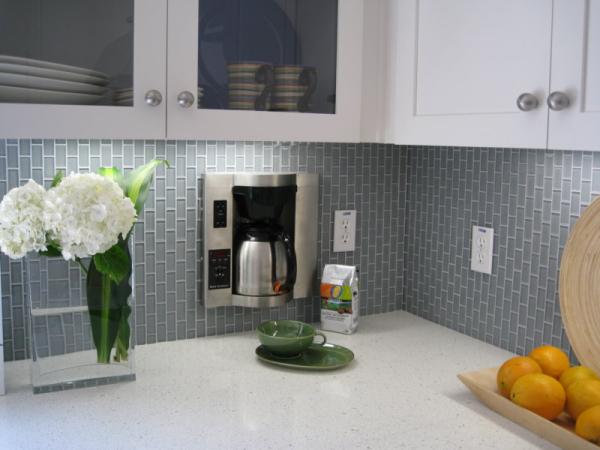
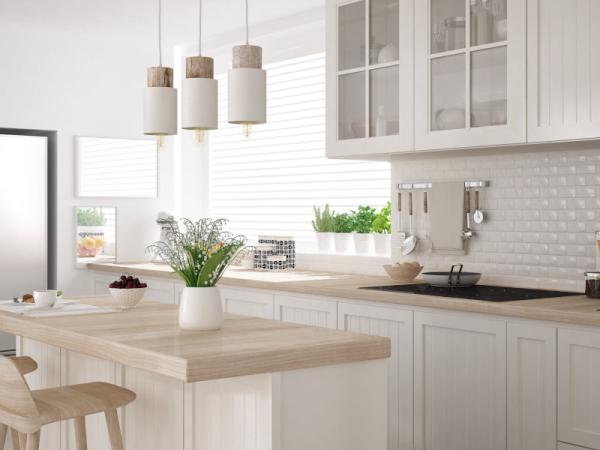
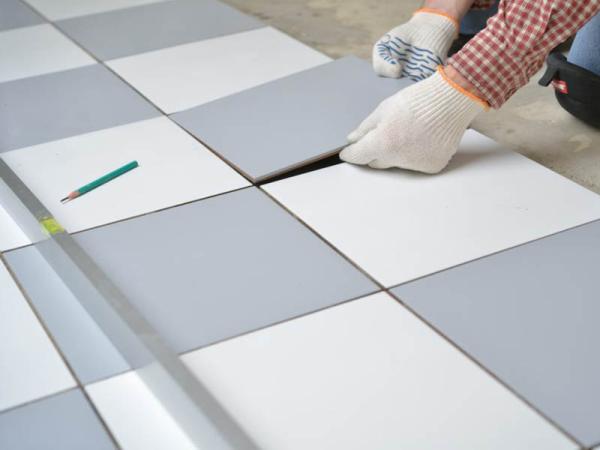
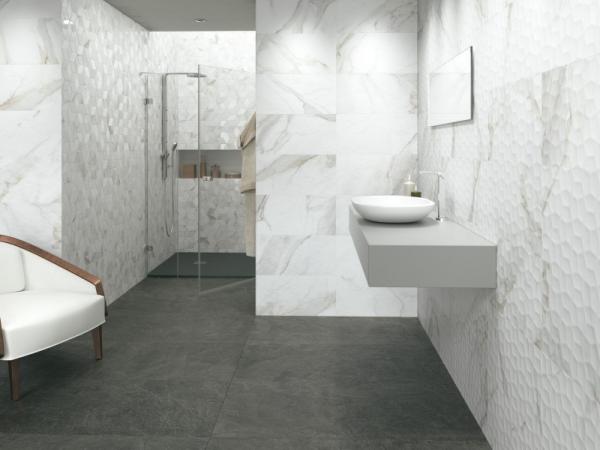
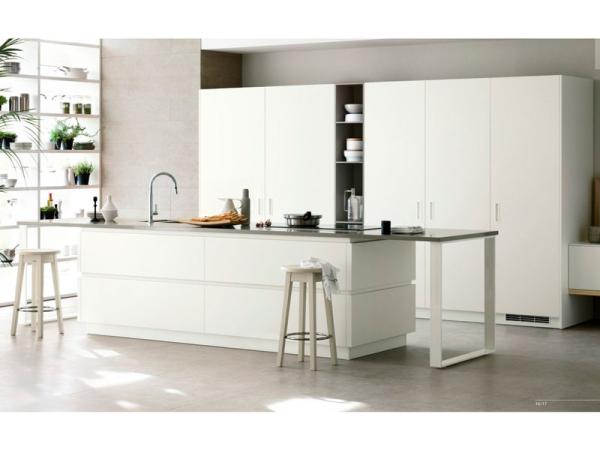
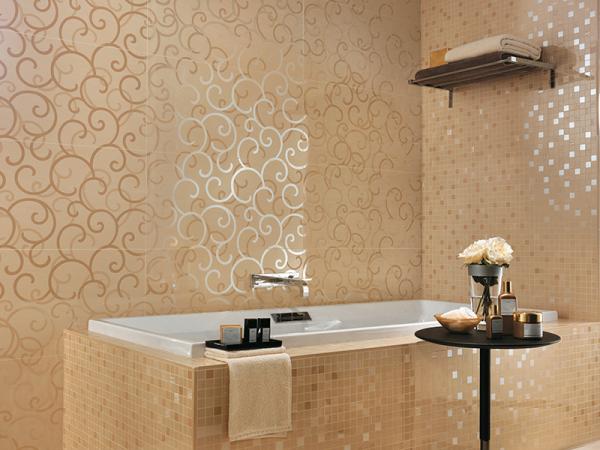
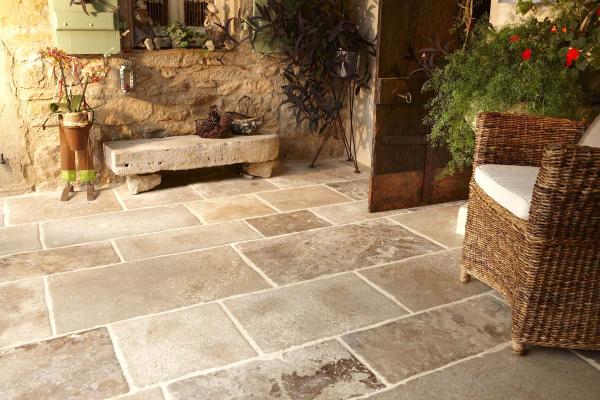
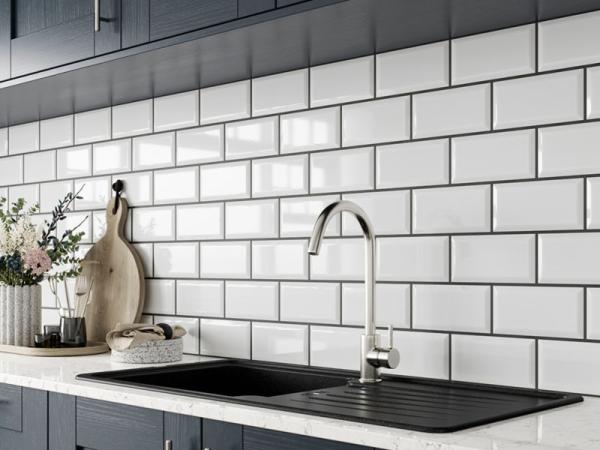
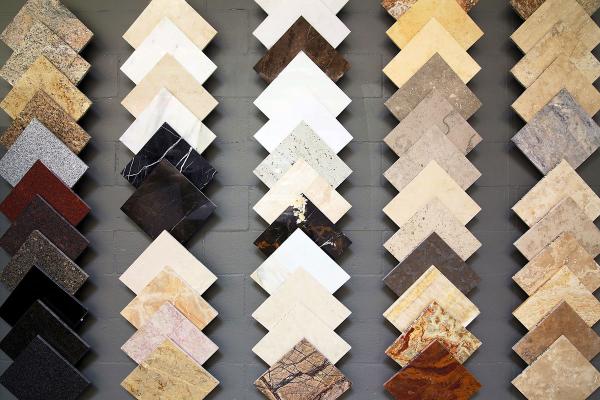
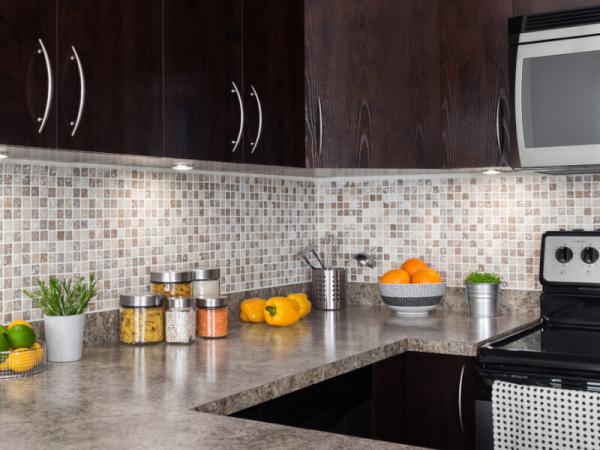
Your comment submitted.